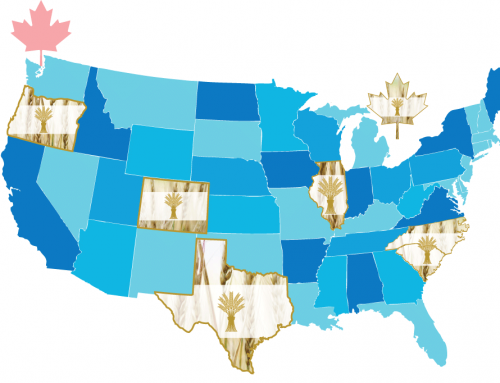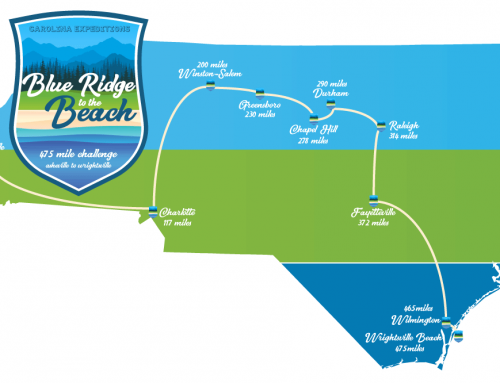by Diana Palka
I was never much of an allergy sufferer until I moved south of the Mason-Dixon Line. Growing up on Long Island, I’d get the occasional watery eye or scratchy throat or batch of sneezes. It wasn’t until I moved to Charlotte that I found myself popping Benadryl as soon as I got to the office, just so I could make it through a morning meeting without combusting into a fiery ball of tree pollen and weeds.
To make matters worse, this itchy-tongue, watery eyes, hives-on-skin and faucet nose phenomenon only makes training more of a logistical hassle than it already – sometimes – is. In fact, I can remember looking out the window of my apartment in college and the ground looking like it was covered with a dusting of greenish-yellow snow and dreading going out for a run because I knew I would suffer during and after.
If you’re a seasonal allergy sufferer like the snot-covered yours truly, follow these three tips to help keep your training running smoothly throughout the pollen showers.
- Pay attention to pollen forecasts and time your runs accordingly.
All you early morning runners, remember: Don’t kill the messenger. Statistics show that pollen counts and allergen exposure are both worse in the early morning hours than they are in the late afternoon and evening hours. This means that – for the chronic allergy sufferer – running after work in the high-pollen months might be the most conducive for preventing your histamines from going absolutely crazy. But… - Wash everything.
If you’re one of those crazies who absolutely has to get a run in before you start your day, make sure you’re regularly washing your running clothes. Sure, most people do that all the time anyway with the basics like shorts, sports bras, and running shirts but, think about your outerwear. Your pullovers, zip ups, and even reflector vests and hats all provide a way for pollen to enter your home and exacerbate your allergy symptoms. Investing in affordable options for your outerwear (so that you can purchase 2 or 3 and rotate them throughout your runs) may be a good solution if you do not have time to do a mini-load of laundry each day. It’s also helpful to leave your shoes in one spot in a mud room or foyer so that you don’t track pollen and other allergens throughout your home. - Find a treatment that works for you.
Maybe you’re more of a homeopathic type runner or maybe you’re all about the meds. Either way, find a treatment that works for you. If it’s taking tablespoons of local honey or popping anti-histamines throughout the day, make sure you’re consulting a physician or allergist to find the best solution for your body and your training. Some people swear by the local honey / hydration methods and others swear that first generation allergy medicines causes no drowsiness and work for them. Whatever your solution is, get into a rhythm that allows you to stick to your training regimen with as little seasonal interruptions as possible.
# # #
Diana Palka is a Charlotte-based writer; runner; lover of grace, craft beer and the well-written. She has an unbreakable rule that there are three things in life you never buy cheap: shoes, beer and toilet paper. When not working as a Marketing / Communication consultant in Corporate America, she writes for kicks and giggles at www.dianapalka.com.






